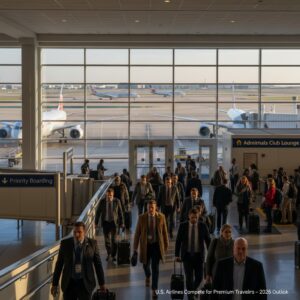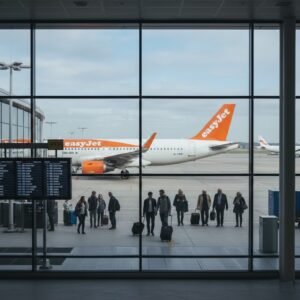Etihad has achieved a remarkable milestone by completing its tenth consecutive IATA Operational Safety Audit (IOSA) with zero findings and zero observations. This flawless record, upheld since the airline’s inaugural certification in 2006, solidifies Etihad’s position with the best compliance track record in the industry.
This achievement underscores Etihad’s unwavering commitment to upholding the highest operational safety and airworthiness standards, ensuring the safest and most reliable travel experience for its passengers.
Mohammad Al Bulooki, Chief Operating Officer and Accountable Manager, emphasized, “At Etihad, safety is our number one priority and is fully embedded in everything we do. We are incredibly proud of our team for maintaining such a fantastic compliance record for the past 17 years – even during the COVID-19 pandemic – bringing this achievement to a whole new level.”
Earlier this year, the UAE’s General Civil Aviation Authority (GCAA) acknowledged the effectiveness of Etihad’s Safety Management System (SMS) with one of the highest scores ever achieved in the UAE. This recognition highlights the strength of Etihad’s safety culture and its use of cutting-edge technologies, including artificial intelligence, to further enhance operational safety.
The IATA Operational Safety Audit (IOSA) is a globally recognized program designed to assess an airline’s management and control systems. All IATA airlines must be registered in the IOSA program to maintain their membership status.
During the five-day audit, an IATA-accredited team meticulously examined Etihad’s management systems across all operational areas, ensuring compliance with the highest operational excellence criteria. The comprehensive audit assessed 922 specific operational and airworthiness requirements, showcasing Etihad’s commitment to maintaining industry-leading safety standards.


















More Stories
US Airlines Battle for 2026 Skies: Premium Profits Soar
EasyJet Stealth Expansion New UK Routes to Rome, Lisbon, Bari for 2026
Saudi Tourism Boom Airlines Fuel Sofitel Riyadh Launch